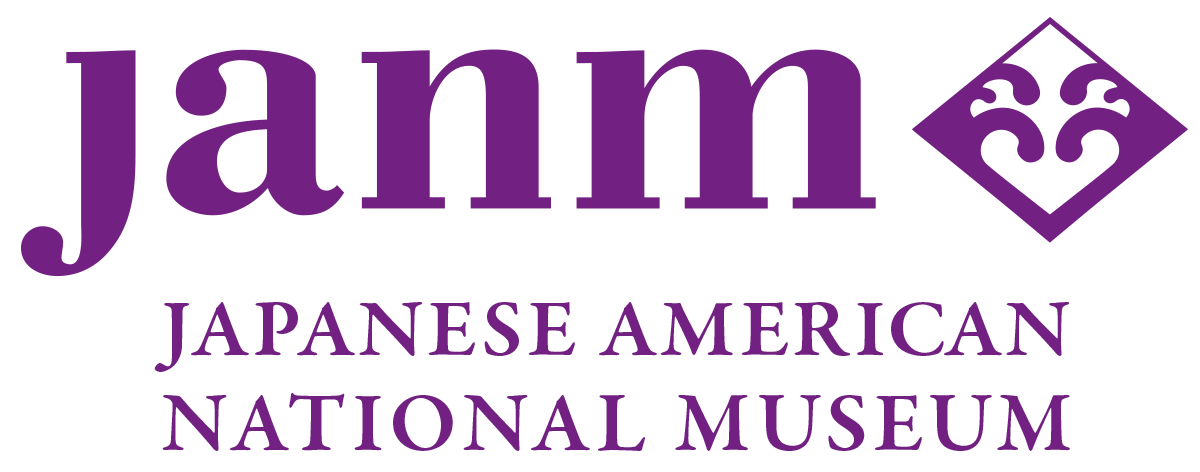FOR IMMEDIATE RELEASE - November 7, 2008
PRESS CONTACTS:
Chris Komai - ckomai@janm.org - 213-830-5648

AUTHOR OPPENHEIM TO DISCUSS BOOK, 'STANLEY HAYAMI, NISEI SON' NOV. 15
Hayami's Diary from 1942-1944 Provides Unique Insight into Young Nisei's Life
Author Joanne Oppenheim will discuss her latest book, Stanley Hayami, Nisei Son, featuring the contents of Hayami’s 96-page diary he kept from 1941 to 1944 at a special public program set for Saturday, November 15, beginning at 2 p.m. at the Japanese American National Museum in Little Tokyo.
Hayami’s diary is preserved in the collection of the National Museum. It has been made more accessible through the National Museum and the University of California Web site, the Online Archives of California. This program, "Stanley Hayami, Nisei Son: His Diary, Letters and Story from American Concentration Camp to Battlefield, 1942-1945", will feature Oppenheim’s research into Hayami’s life, including recently discovered letters and interviews with individuals who knew Hayami. Hayami’s diary, as shown in Oppenheim’s book, included his pen and ink drawings.
Born and raised in Los Angeles, Hayami was forced to live in the Heart Mountain, Wyoming concentration camp with his family by the U.S. government during World War II. He attended the high school at Heart Mountain, but left the camp in 1944 to join the U.S. Army. He was killed in Italy on April 23, 1945, while trying to help a fellow soldier. Stanley was 19 years old when he died.
After arriving in Heart Mountain in 1942, Stanley begins to write in his diary in November. As Oppenheim makes clear in her book, the diary is the place Stanley expresses his innermost feelings, including his hope for a "United Nations of Earth", his resiliency, and his artistic side.
"Stanley is everyone’s kid brother, loving son, honor student, high school chum," Oppenheim explained. "His story is so typical of so many Nisei sons, yet Stanley is anything but ordinary. He was the art director of his school annual, a talent writer and artist."
Oppenheim’s research enabled her to follow Stanley on his journey from high school student in a domestic concentration camp to soldier with the famed 442nd Regimental Combat Team, the all Japanese American unit that became the most decorated unit for its size and in terms of length of service in Army history. Oppenheim discovered that Hayami’s platoon leader was a young Nisei from Hawai`i named Daniel Inouye. Inouye, who lost his right arm in combat in Italy and received the Medal of Honor, went on to become a United States Senator from Hawai`i. He wrote the forward for Oppenheim’s book.
Oppenheim researched this book for three years. She was able to write it with the support of a grant from the California Civil Liberties Public Education Program, and through the cooperation with the National Museum. Oppenheim previously wrote an award-winning book, Dear Miss Breed, in 2006 after discovering the story of librarian Clara Breed on the National Museum’s Web site. Miss Breed was a librarian in San Diego, who opposed the removal of Japanese Americans during the war, and provided self-addressed stamped postcards to many of the young Nisei students who suddenly leaving the West Coast.
Miss Breed kept in contact with these young students, sending them scarce supplies and books during their unconstitutional incarceration. The National Museum created a display of some of the letters sent to Clara Breed from these grateful students and much of this material is accessible through the institution’s Web site at www.janm.org in its online collection section. Hayami’s diary also can been accessed through this Web site.
Reflecting on both of her books, Oppenheim noted that both are stories "not just about Japanese Americans, but about all of us and the need to protect our civil liberties and those of others."
Stanley Hayami: Nisei Son will be available for sale at the National Museum and Oppenheim will sign books after the program. This program is free to National Museum members or with general admission. To RSVP, call the Japanese American National Museum at (213) 625-0414. For more information, go to www.janm.org. The Japanese American National Museum is located at 369 E. First Street, in Little Tokyo.
